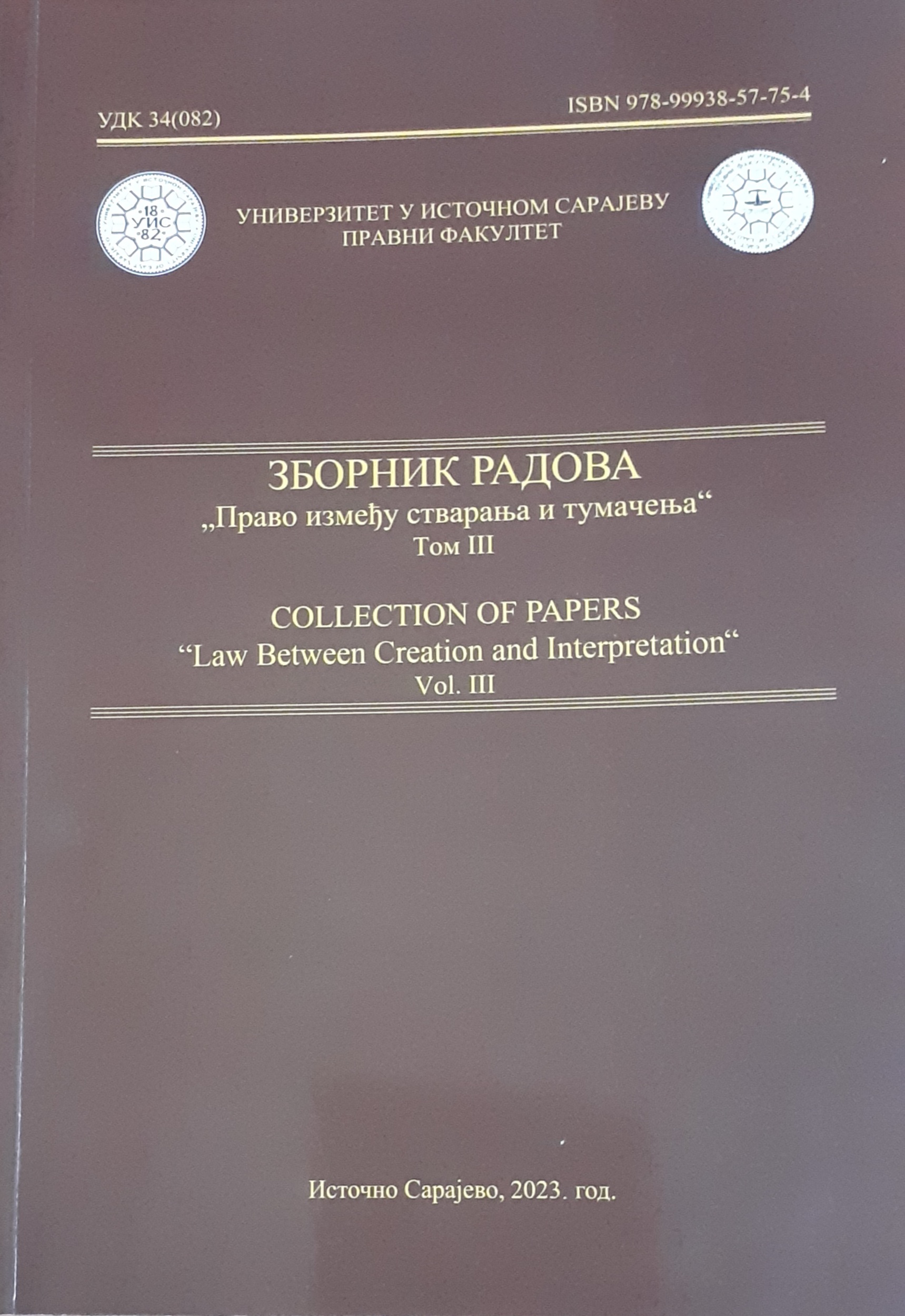(Не)процесуирање кривичног дела пореске утаје као битан фактор пореске дисциплине у Србији
The (Non)Processing of Tax Evasion as an Essential Factor of Tax Discipline in Serbia
Author(s): Suzana Dimić, Mirjana Đukić
Subject(s): Social Sciences, Law, Constitution, Jurisprudence, Criminal Law, Law on Economics
Published by: Правни факултет Универзитета у Источном Сарајеву
Keywords: Tax evasion; Prosecution of the criminal offense of tax evasion; Judicial practice; Punishment of tax evaders; Tax discipline;
Summary/Abstract: Taxation affects the amount of disposable income of taxpayers because it reduces their economic strength. This is precisely why there are different modalities of resistance by taxpayers, who consciously and deliberately undertake certain activities with the aim of reducing or completely eliminating the tax burden. Hence, tax evasion, that is, avoidance of paying taxes, appears as an accompanying problem to the taxation procedure which all modern countries face. The harmful consequences of tax evasion are manifold, the most prominent being a negative financial effects as the state treasury remains deprived of the revenue that would have been collected if all taxpayers had voluntarily and timely complied with their tax obligations. Other effects involve violating the principle of fairness of taxation, creating the unfair market competition among business entities, etc. Tax evasion is among the most serious forms of illegal evasive behavior of taxpayers, incriminated as tax crimes. Identifying factors that influence the decision of taxpayers to fulfill their tax obligations is essential for defining measures to combat tax evasion. With numerous preventive measures and activities, modern states try to encourage voluntary compliance with tax obligations. Thus, for example, tax propaganda affects raising the tax awareness of taxpayers. By presenting the fact that taxation collects funds to finance public goods whose beneficiaries are the taxpayers, taxes become acceptable or at least less "unacceptable" for them. However, implementing preventive measures and activities is not enough to combat tax evasion. Tax discipline, which implies compliance with tax regulations, also depends on applying repressive policies. It includes the system of sanctions taxpayers are threatened with as well as the policy of imposing those sanctions by the competent authorities. Inadequate punishment for tax evasion, as the most severe form of illegal evasive behavior of taxpayers, has adverse effects on tax discipline both from the aspect of special and general prevention. A lenient sentencing policy will act on tax evaders in such a way that they will not be deterred from committing such criminal acts in the future. Also, it will not be a warning to other taxpayers to fulfill their tax obligations in an orderly and timely manner. In this sense, non-processing, and thus the absence of adequate punishment for tax evasion, can produce the so-called effect of emulation on tax evaders. In order to analyze the penal policy for tax evasion in Serbia, A statistical survey of data on the number of reports, accusations and convictions was carried out. By means of analyzing the prosecution of perpetrators of tax evasion (because filling of a criminal complaint does not necessarily mean the initiation of criminal proceedings and its conclusion and adequate punishment) the authors aimed to point out that there is a "long way" from the detection of tax evaders to their adequate punishment.
Book: Зборник радова "Право између стварања и тумачења" Том III
- Page Range: 187-202
- Page Count: 16
- Publication Year: 2023
- Language: Serbian
- Content File-PDF

